Summaries of books about International Relations:
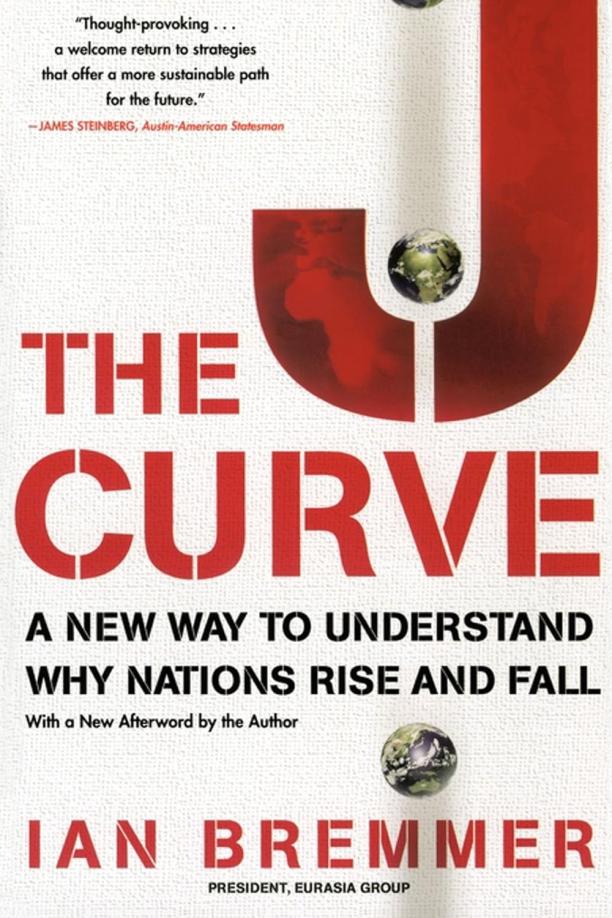
The J Curve
A New Way to Understand Why Nations Rise and Fall
Ian Bremmer
The book introduces the concept of the J Curve to explain how a country's openness impacts its stability, positing that nations must endure a period of volatility as they transition from closed to open societies. It analyzes various countries' political and economic systems, illustrating how they navigate through this curve amidst internal and external pressures.
See full summary
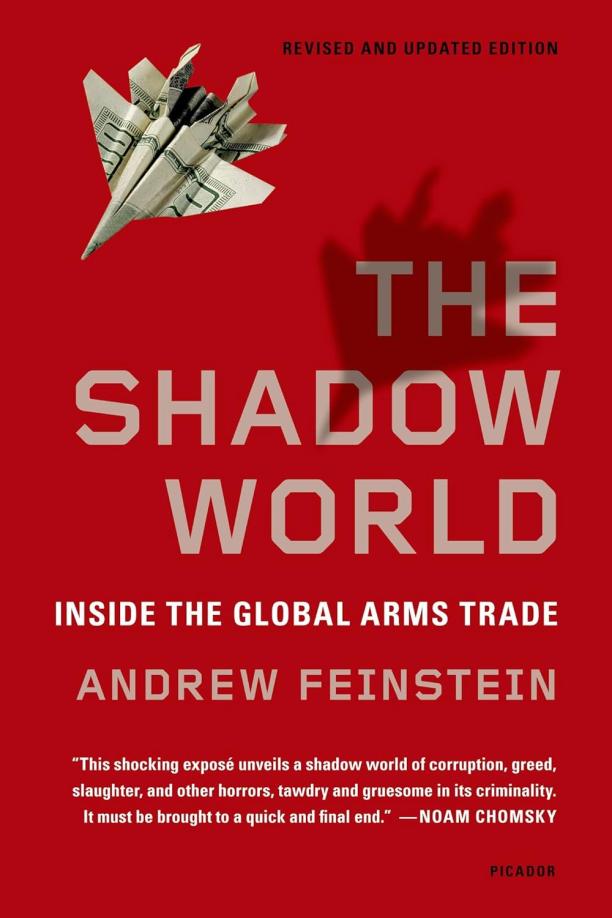
The Shadow World
Inside the Global Arms Trade
Andrew Feinstein
The book delves into the clandestine realm of international weapons dealing, exposing corruption, illicit deals, and the political machinations that enable the trade to flourish. It provides a comprehensive examination of the impact that arms sales have on global conflict, human rights abuses, and the entanglement of governments and private interests in perpetuating warfare for profit.
See full summary

On War
The Classic Book of Military Strategy
General Carl von Clausewitz|Colonel J.J. Graham
The book is a seminal work on military theory and strategy, exploring the nature of war, the importance of political considerations, and the interplay between the rational and non-rational aspects of conflict. It delves into concepts such as the "fog of war," the "culminating point of victory," and the principle that war is a continuation of politics by other means.
See full summary
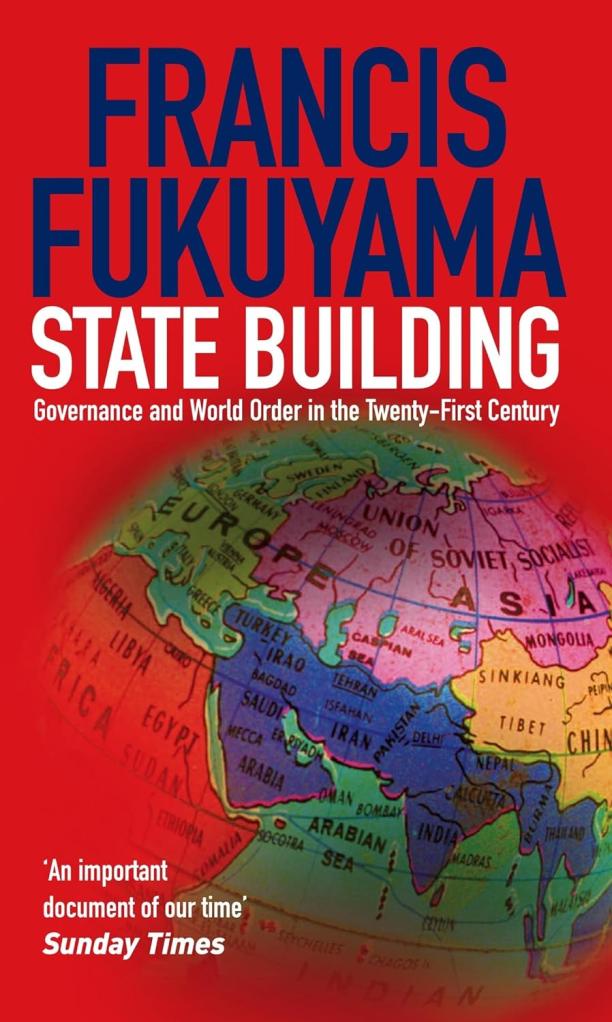
State Building
Governance and World Order in the 21st Century
Francis Fukuyama
The book explores the challenges and importance of creating strong state institutions that can support political and economic development in the modern world. It discusses the role of governance in global stability and the complexities involved in state-building efforts post-conflict or in weak nations.
See full summary
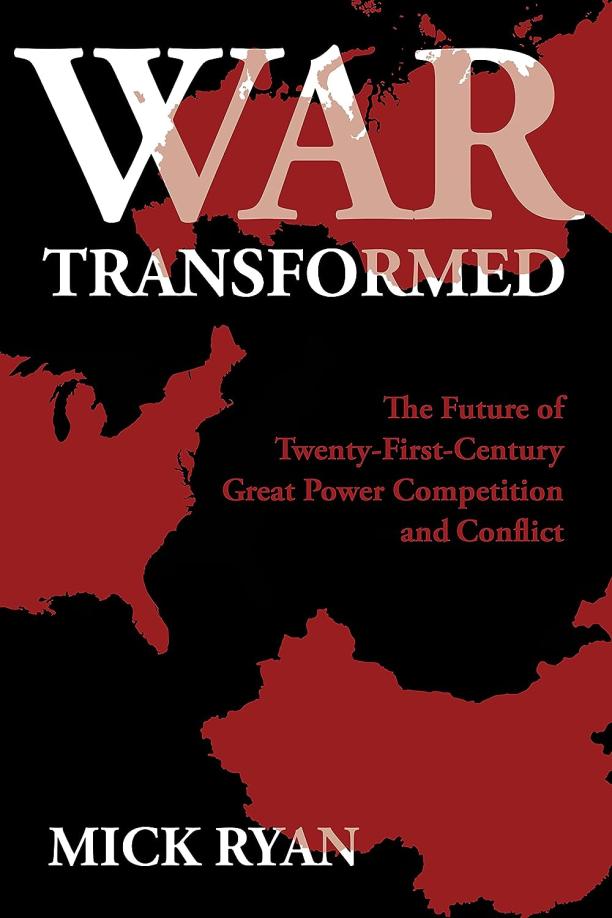
War Transformed
The Future of Twenty-First-Century Great Power Competition and Conflict
Mick Ryan
The book examines the evolution of warfare in the context of technological advancements, geopolitical shifts, and new strategic doctrines, analyzing how these factors will shape future conflicts among great powers. It provides insights into military strategies, the impact of cyber and space domains, and the importance of adapting to a rapidly changing combat landscape.
See full summary
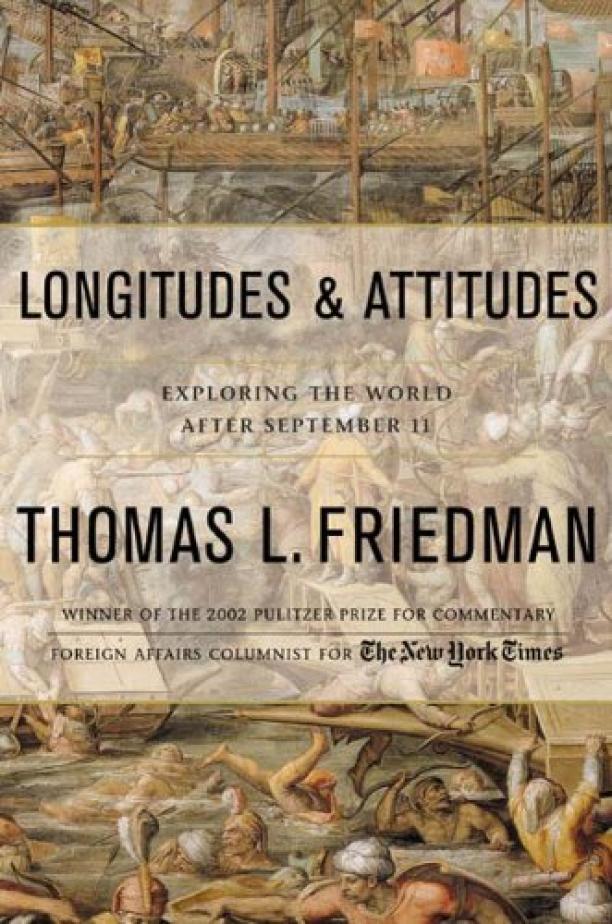
Longitudes and Attitudes
Exploring the World After September 11
Thomas L. Friedman
The book is a collection of columns and diary entries by the author, reflecting on the impacts of the September 11 attacks on global politics, societies, and economies. It delves into the author's travels and interviews, offering insights into the Middle East, the war on terror, and the changing international landscape in the aftermath of the attacks.
See full summary
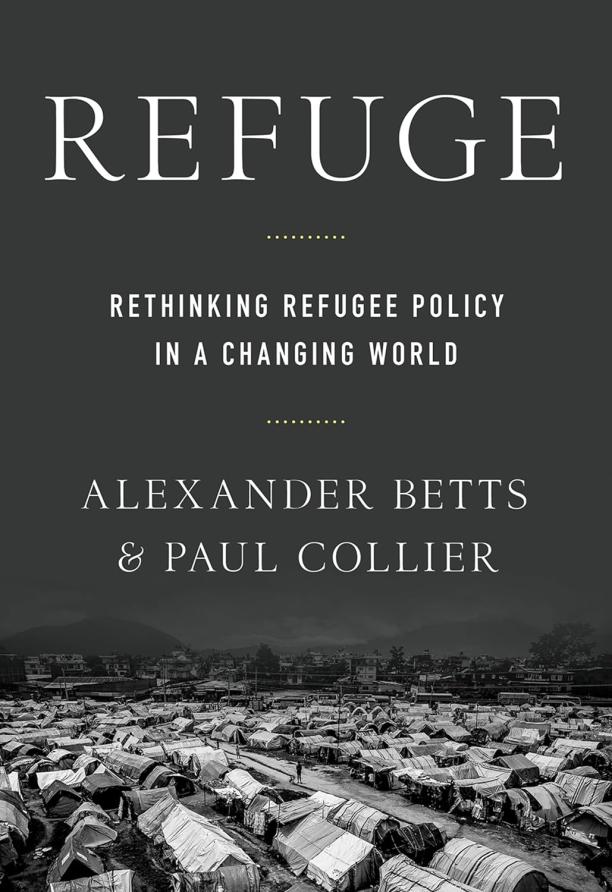
Refuge
Rethinking Refugee Policy in a Changing World
Paul Collier|Alexander Betts
The book examines the global refugee crisis, proposing new policy frameworks to improve the lives of refugees by enabling them to be more self-reliant and contribute to their host societies. It critiques current aid systems and suggests innovative solutions, such as creating economic zones near conflict areas and leveraging refugees' skills to benefit their host countries.
See full summary
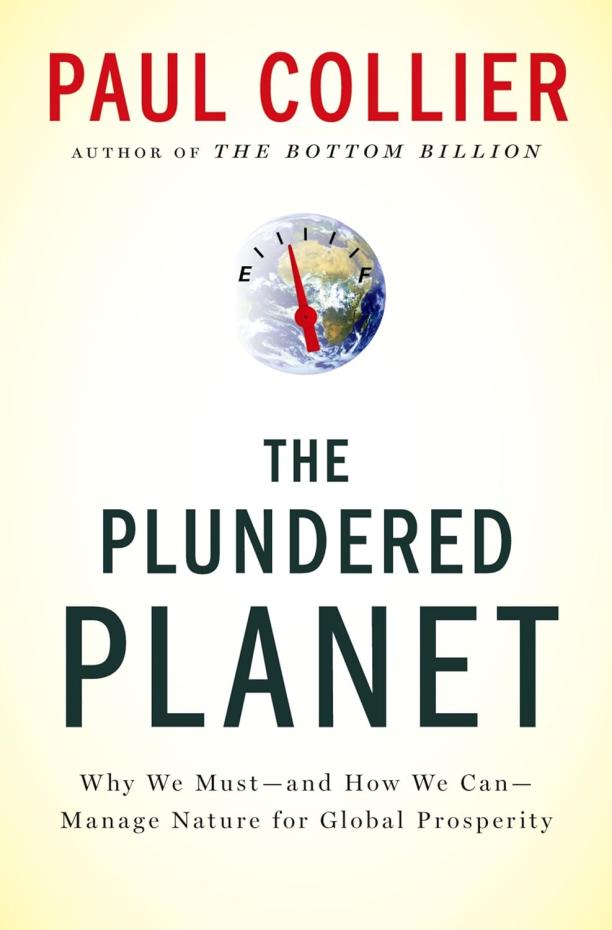
The Plundered Planet
Why We Must--and How We Can--Manage Nature for Global Prosperity
Paul Collier
The book argues for the responsible stewardship of natural resources, balancing the needs of current and future generations. It proposes ethical frameworks and practical policies to manage the Earth's assets sustainably while promoting global economic development.
See full summary
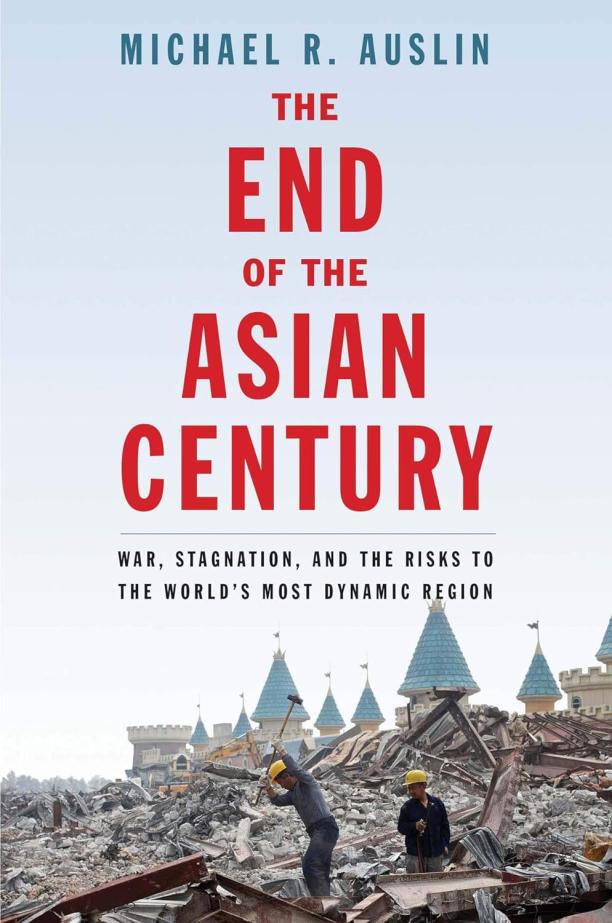
The End of the Asian Century
War, Stagnation, and the Risks to the World's Most Dynamic Region
Michael R. Auslin
The book analyzes the potential risks and challenges that could disrupt the economic growth and political stability in Asia, such as demographic decline, political unrest, and territorial disputes. It offers a critical examination of the assumption that Asia will continue to be a dominant force in the global economy and geopolitics, suggesting that the region's future may be more uncertain than widely believed.
See full summary

Kidnap
Inside the Ransom Business
Anja Shortland
The book delves into the economics and intricate negotiations involved in the world of kidnapping for ransom, revealing how a surprising order and logic underpin these criminal enterprises. It explores the roles of insurance companies, professional negotiators, and governments in managing and resolving abduction cases, often with a focus on minimizing violence and financial damage.
See full summary